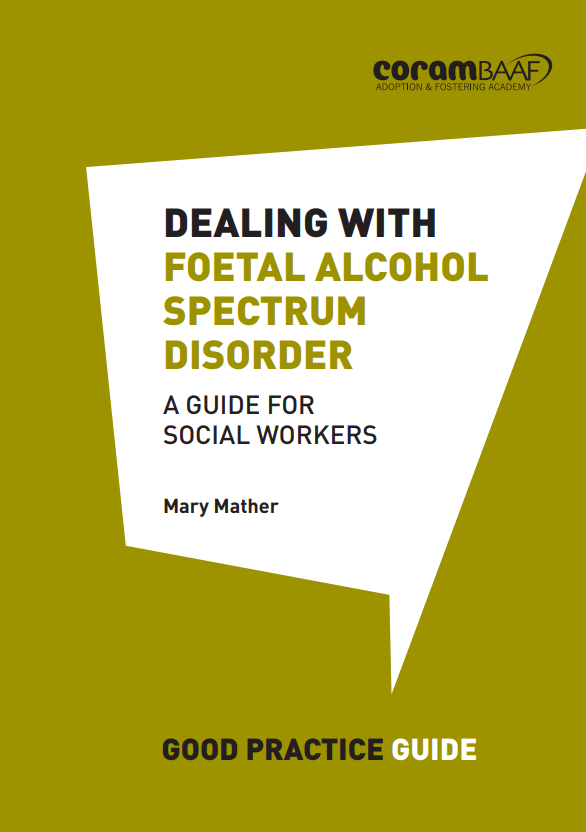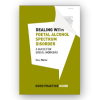
Dealing with Foetal Alcohol Spectrum Disorder
A guide for social workers
£10.95
Foetal Alcohol Spectrum Disorder (FASD) is a permanent, lifelong disability affecting a considerable number of children and young people in the UK. Looked after and adopted children, who are often born into alcohol and drug misusing families, are more likely to be affected by FASD than those in the general population. Studies suggest that at least one-third of looked after children come into care with parental history of alcohol misuse. But many professionals in social work, and indeed in health and education, have a poor awareness of this often invisible disability, and a lack of training in how it can affect their work with children. Increased professional knowledge and understanding are key to successful future management of this disorder – and social workers have a vital role to play.
Read our Editor’s Exclusive
 Every month we release a free chapter from one of our bestselling publications. For September, as part of National FASD Awareness Month, we are sharing Chapter 7 from ‘Dealing with Foetal Alcohol Spectrum Disorder’. This chapter explores why diagnosis matters.
Every month we release a free chapter from one of our bestselling publications. For September, as part of National FASD Awareness Month, we are sharing Chapter 7 from ‘Dealing with Foetal Alcohol Spectrum Disorder’. This chapter explores why diagnosis matters.
Who is this book for?
This authoritative guide is an essential read for all those working with or looking after fostered and adopted children who may be affected by FASD, to help ensure that they provide the support these children need to reach their full potential.
What you will find in this book
This Good Practice Guide addresses some key questions: What is FASD, and how can it affect children? How is it diagnosed and managed? How can social workers ensure that they take FASD into account in working with and placing children, and supporting them and their families?
It also explores:
- The impact of alcohol on the developing foetus
- How children are affected at different ages
- Diagnosis and the vital role of the social worker
- Essential advice for social workers in their daily practice
- Which strategies are not effective in working with and parenting affected children
- Which strategies are most successful
Case studies illustrate the issues to be considered, and the guide also provides signposts to a range of helpful resources for workers, parents and carers.
Read the contents page and introduction
The author
Dr Mary Mather is a retired Consultant Community Paediatrician. She has been the medical adviser to three local authority adoption panels, a voluntary adoption agency and an intercountry adoption panel. She has lectured in the medical input to adoption and fostering as both a local and national speaker for 25 years. She has a particular interest in the long-term effects of drug and alcohol misuse in pregnancy and the impact of unrecognised prenatal exposure to alcohol in the difficulties experienced by both adopted and looked after children.
NOW AVAILABLE IN EBOOK AND HARD COPY
This title is now available in digital-only format for immediate access. Purchases are held in your own personalised online library and accessed via your browser or through the app on your phone or tablet.
Questions about eBooks? Check out our FAQs
£10.95
Reviews
Every child care social worker should have this informative guide to hand.
Angie Ash, principal, Angela Ash Associates - Professional Social Work magazine
A good introductory text for residential workers and social workers. It draws together recent research and evidence…to provide pragmatic strategies for social workers that they can apply to their practice.
Kate Parkinson, University of Salford
